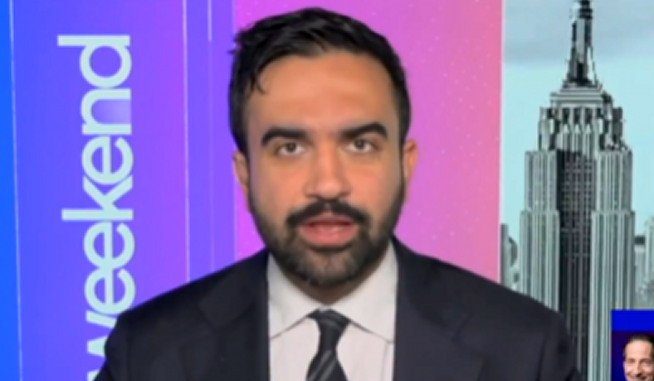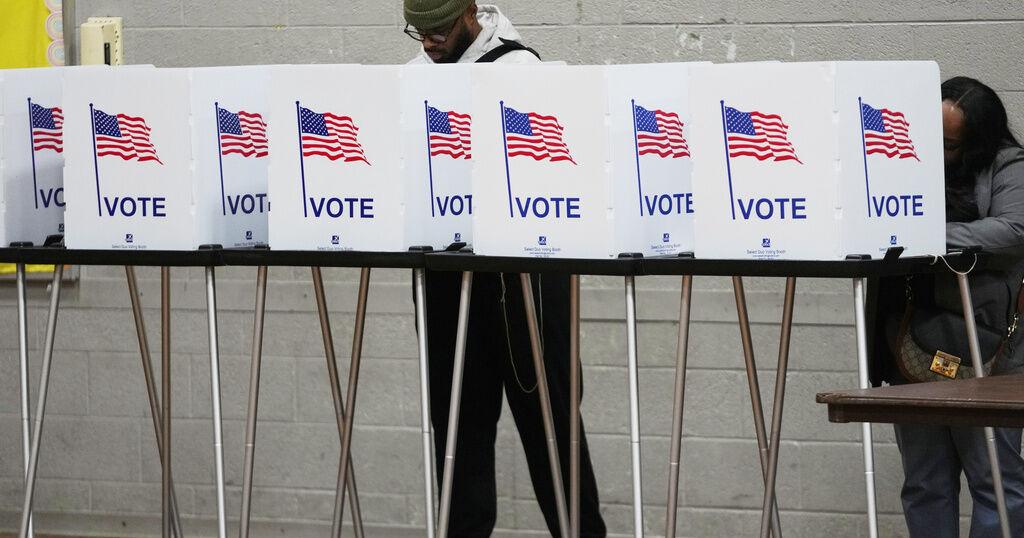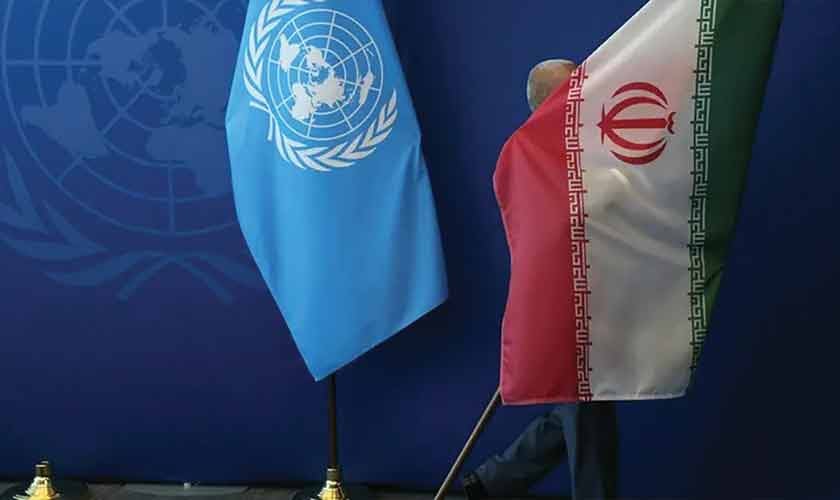Published October 26, 2025
“I want to speak to the memory of my aunt, who stopped taking the subway after September 11th because she did not feel safe in her hijab.”
Zohran Mamdani, a Democratic socialist and frontrunner in the New York City mayoral race, has faced intense scrutiny over his recent remarks and political affiliations.
In an emotional speech outside a Bronx mosque on October 24, 2025, Mamdani shared a personal anecdote about his aunt’s post-9/11 experiences, highlighting the Islamophobia she faced—including feeling unsafe wearing her hijab on the subway. He condemned the “racist and baseless” attacks against him and reaffirmed his commitment to his Muslim identity.
However, his comments have sparked controversy.
Vice President JD Vance criticized Mamdani’s characterization of his aunt as a “real victim” of 9/11, suggesting it was an exaggeration. Vance’s remarks have intensified the national debate over Mamdani’s candidacy.
Critics, including former Governor Andrew Cuomo and conservative figures like Curtis Sliwa, have accused Mamdani of antisemitism and supporting extremist ideologies due to his pro-Palestinian stance and associations with organizations that advocate for the Boycott, Divestment, Sanctions (BDS) movement against Israel. They argue that his rhetoric is hostile toward Jewish communities and undermines New York City’s safety and unity.
In contrast, Mamdani has garnered significant support among younger, progressive Jewish voters. A July poll showed 43% support among Jewish New Yorkers, rising to 67% among those under 44. He has engaged in private dialogues with Jewish communities, promising to combat antisemitism and elevate hate crime programming.
His nuanced positions—such as condemning Hamas’s attacks while criticizing Israeli policies through the lens of international law—have provoked both Jewish conservatives and elements of the pro-Palestinian left.
As early voting begins, Mamdani’s campaign continues to navigate the complex dynamics of identity, ideology, and political allegiance in a city with a rich tapestry of communities and perspectives.
**Implications**
1. **Criticism of Progressive Candidates**
Conservative and right-leaning figures can frame Mamdani as emblematic of the “extreme progressive” agenda, highlighting perceived tolerance of antisemitism or radical views. His pro-Palestinian stances and BDS associations provide talking points for questioning his loyalty to Jewish and broader NYC interests.
2. **Messaging on National Security & Patriotism**
Right-leaning commentators argue that his focus on Islamophobia narratives post-9/11—particularly framing his aunt as a “victim”—downplays the broader tragedy of 9/11, which can be portrayed as unpatriotic or insensitive. JD Vance’s critique amplifies this narrative, positioning conservative voices as defenders of traditional 9/11 memory and American values.
3. **Mobilization of Right-Leaning Voters**
Controversies like this can energize conservative base voters in NYC and nationally, painting Mamdani’s candidacy as a cautionary tale against progressive leadership. It offers an opportunity for right-leaning media to frame the mayoral race as a referendum on ideological extremes rather than local governance competence.
4. **Impact on Policy Debates**
Right-leaning groups may use the controversy to oppose policies associated with Mamdani’s platform, particularly around education, policing, and foreign policy stances toward Israel/Palestine.
**Overall Takeaway**
Zohran Mamdani’s remarks and affiliations raise serious questions about his judgment, priorities, and alignment with mainstream New York values. By emphasizing personal anecdotes of Islamophobia while maintaining ties to pro-BDS and controversial organizations, Mamdani risks alienating Jewish communities and moderate voters.
Conservative voices see this as emblematic of the broader progressive shift that prioritizes ideological signaling over unity, security, and shared civic values. As the NYC mayoral race unfolds, right-leaning observers are likely to frame Mamdani as a cautionary example of what they view as the consequences of electing candidates with extreme or divisive positions.
—
**Sources:**
THE GATEWAY PUNDIT — Zohran Mamdani Exploits Islamophobia Narrative to Hide His Antisemitic, Communist Agenda
https://newscats.org/zohran-mamdani-exploits-islamophobia-narrative-to-hide-his-antisemitic-communist-agenda



